Centro de recursos
El coronavirus: lo que debes saber sobre los refuerzos, las vacunas y las variantes
con la participación de invitados especiales:
Dra. Rochelle P. Walensky, directora de los CDC, y Dr. Francis Collins, director de los NIH
Llama sin cargo al 855-274-9507 para hacer tu pregunta o escucha gratis el evento aquí (para escuchar en español marca el 833-946-1559).
Acompaña a AARP en el evento en vivo con la Dra. Rochelle P. Walensky, directora de los CDC, y el Dr. Francis Collins, director de los NIH. Ambos abordarán tus dudas y hablarán sobre la última información de los refuerzos contra la COVID, las vacunas, las variantes y las pautas. También discutirán cómo mantenerse seguro y protegido durante las fiestas de fin de año.


Membresía de AARP: $15 por tu primer año cuando te inscribes en la renovación automática.
Obtén acceso inmediato a productos exclusivos para socios y cientos de descuentos, una segunda membresía gratis y una suscripción a AARP The Magazine.
Únete a AARP
Si no pudiste acceder al evento en vivo, escucha una repetición en el video que está arriba (en inglés).
Conoce los expertos
Rochelle P. Walensky
Directora, Centros para el Control y la Prevención de Enfermedades (CDC)
Francis Collins
Director, Institutos Nacionales de la Salud (NIH)
Para más información visita AARP.org/elcoronavirus










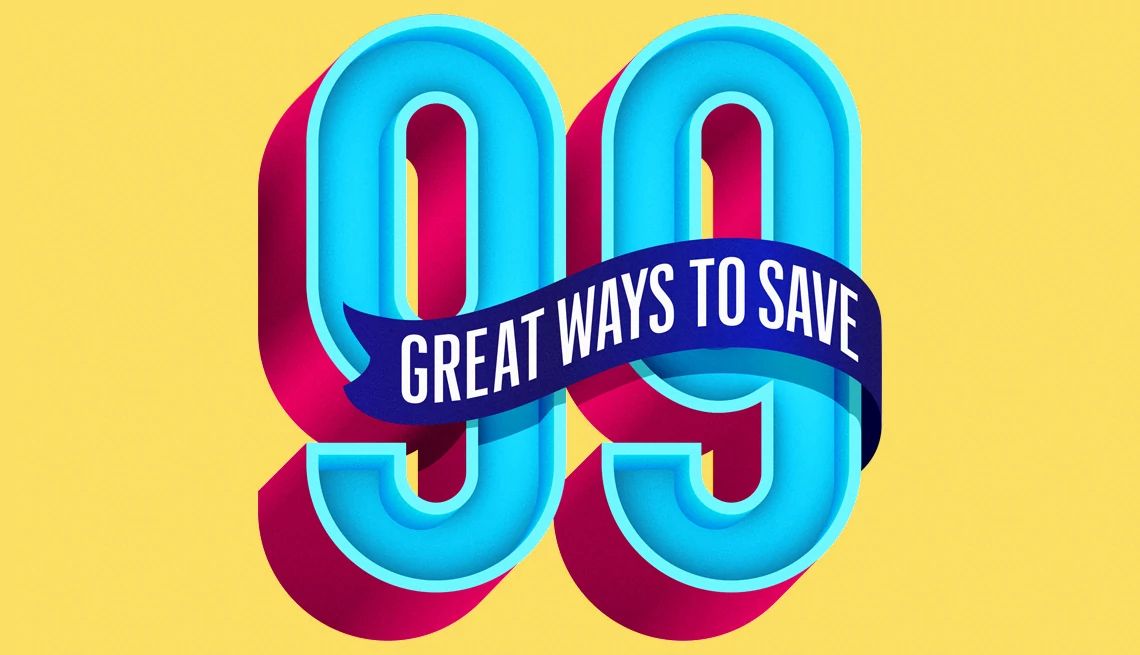

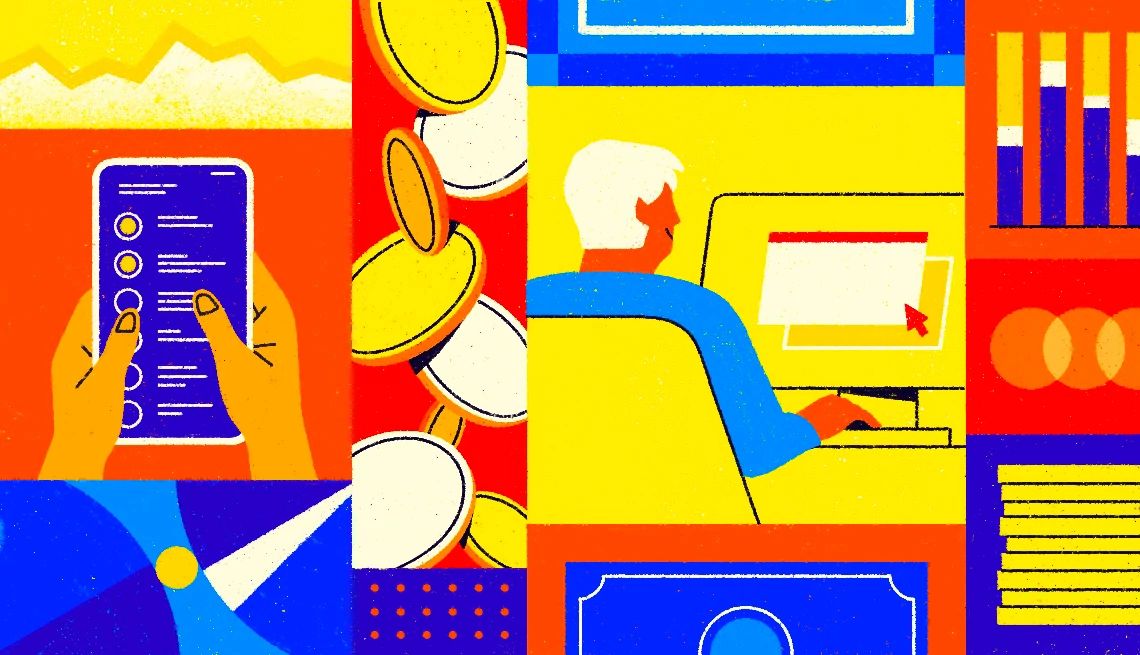
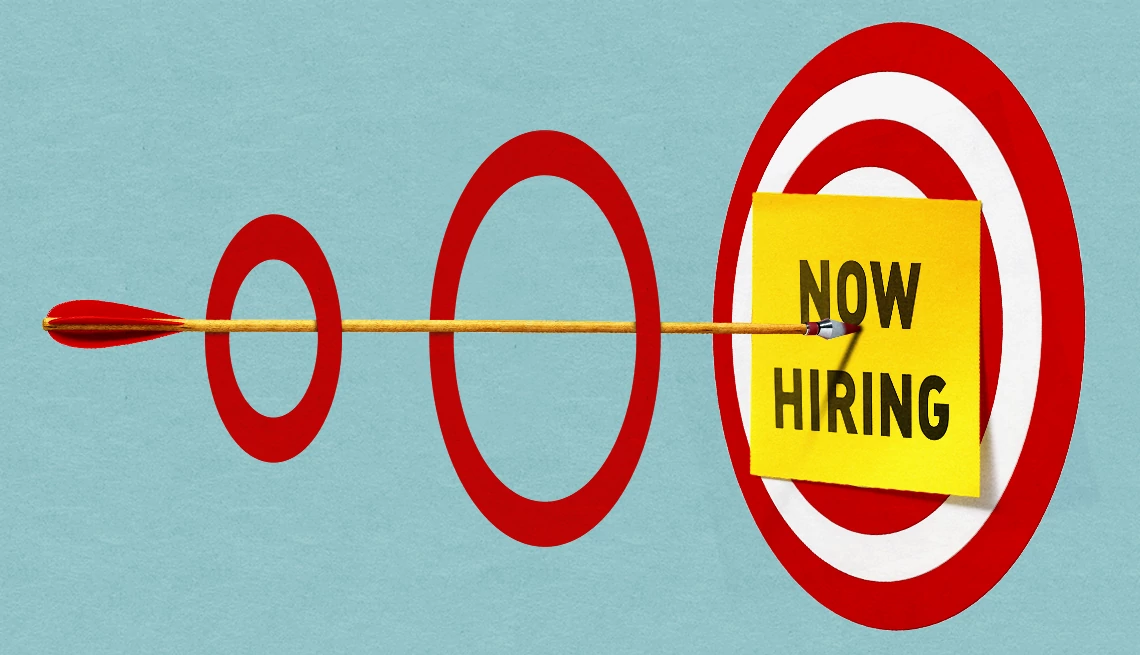




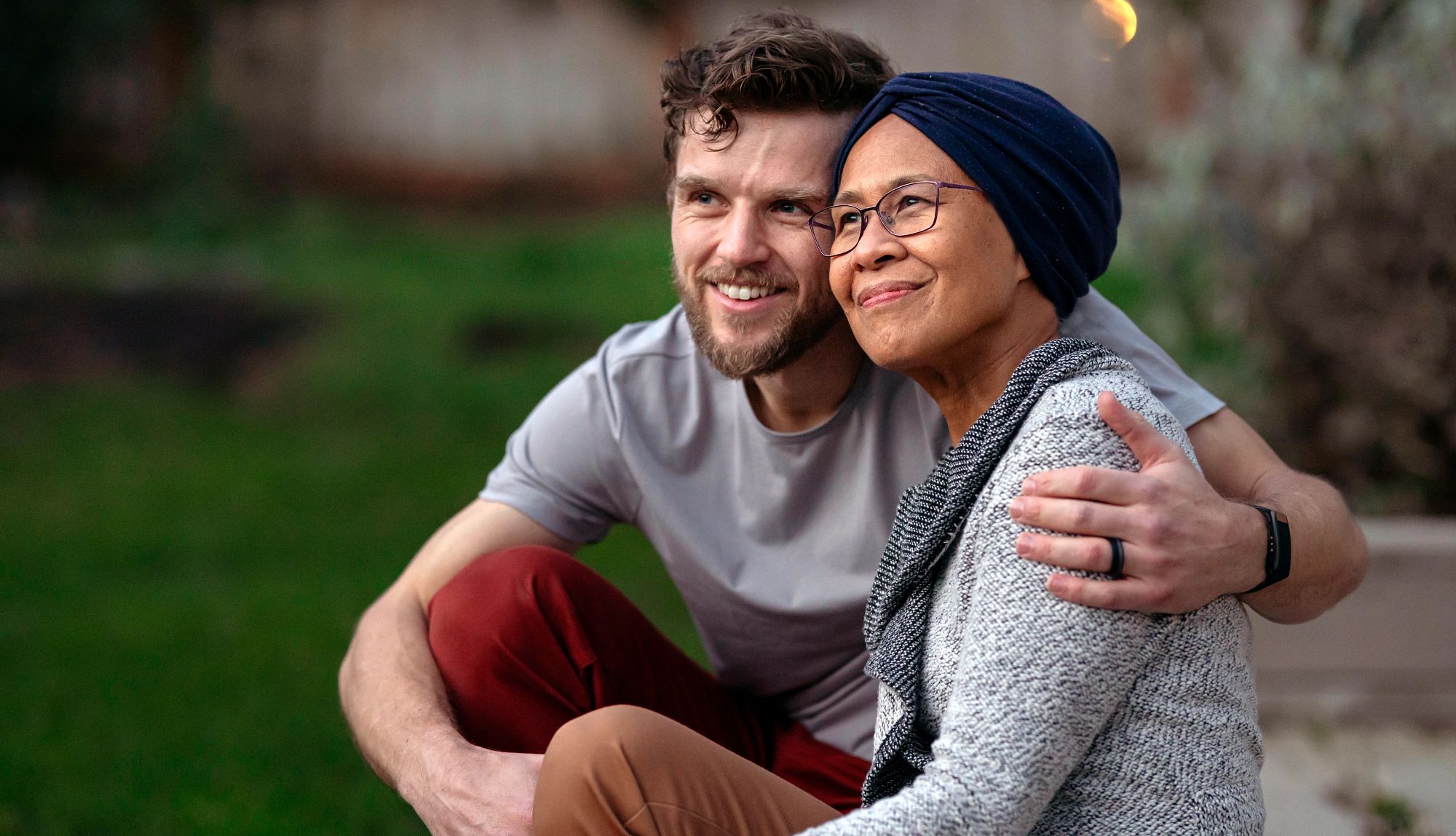



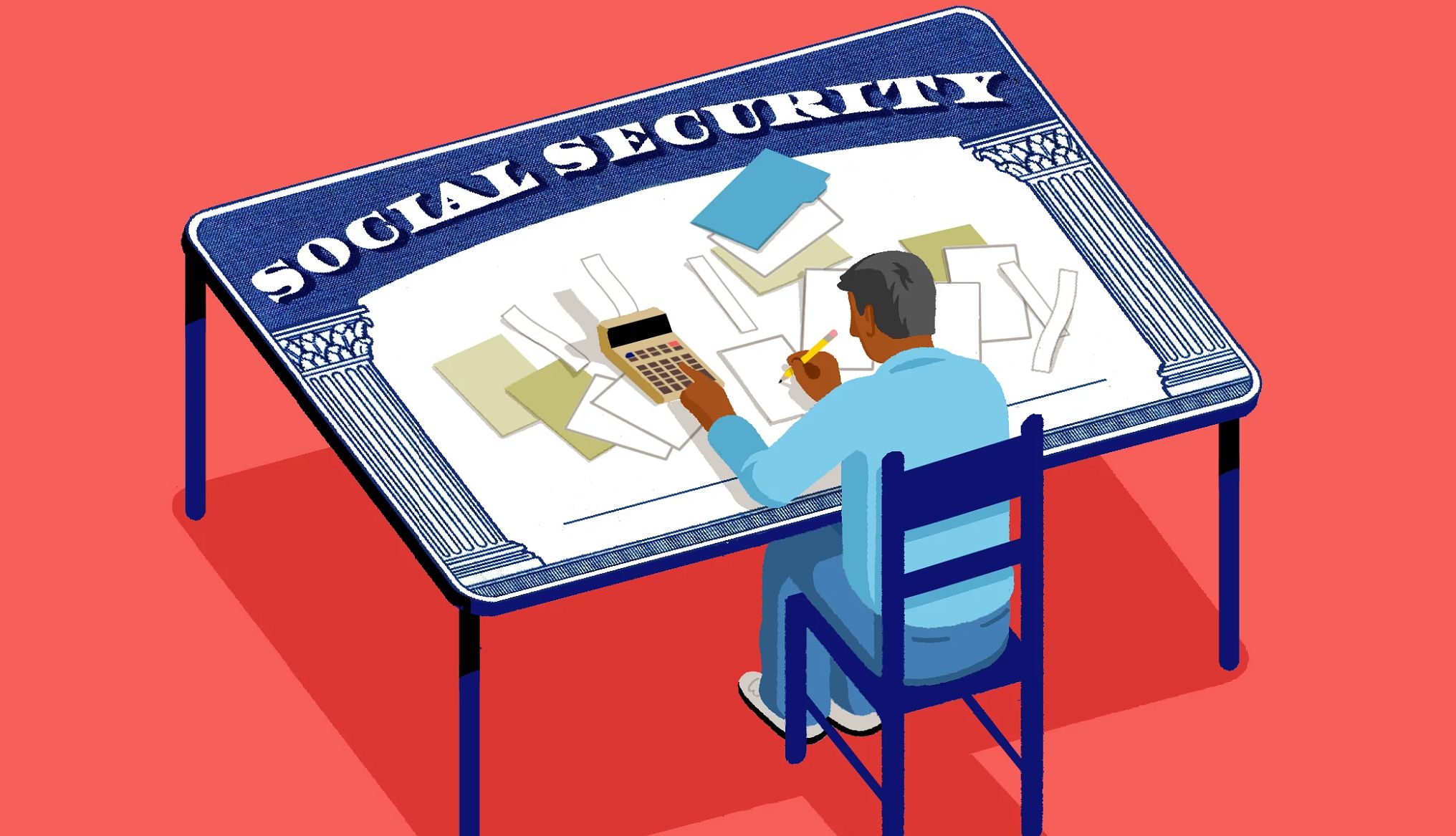


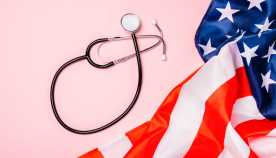











.jpg?crop=true&anchor=13,195&q=80&color=ffffffff&u=lywnjt&w=2008&h=1154)

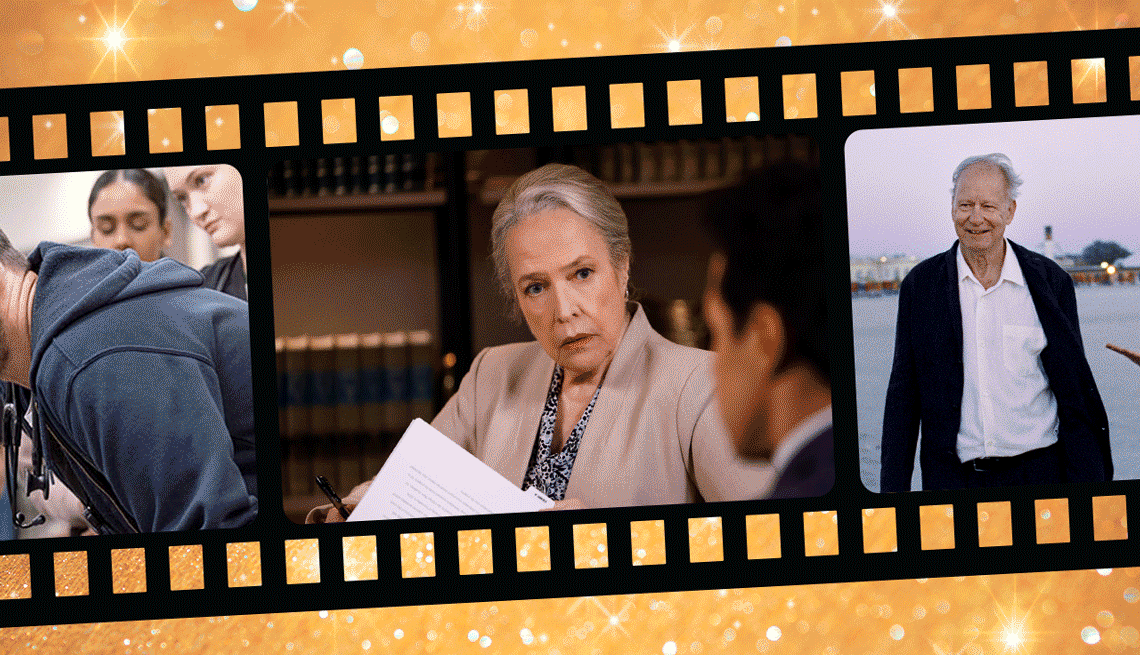















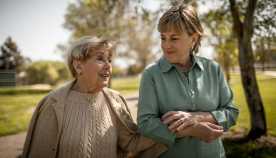









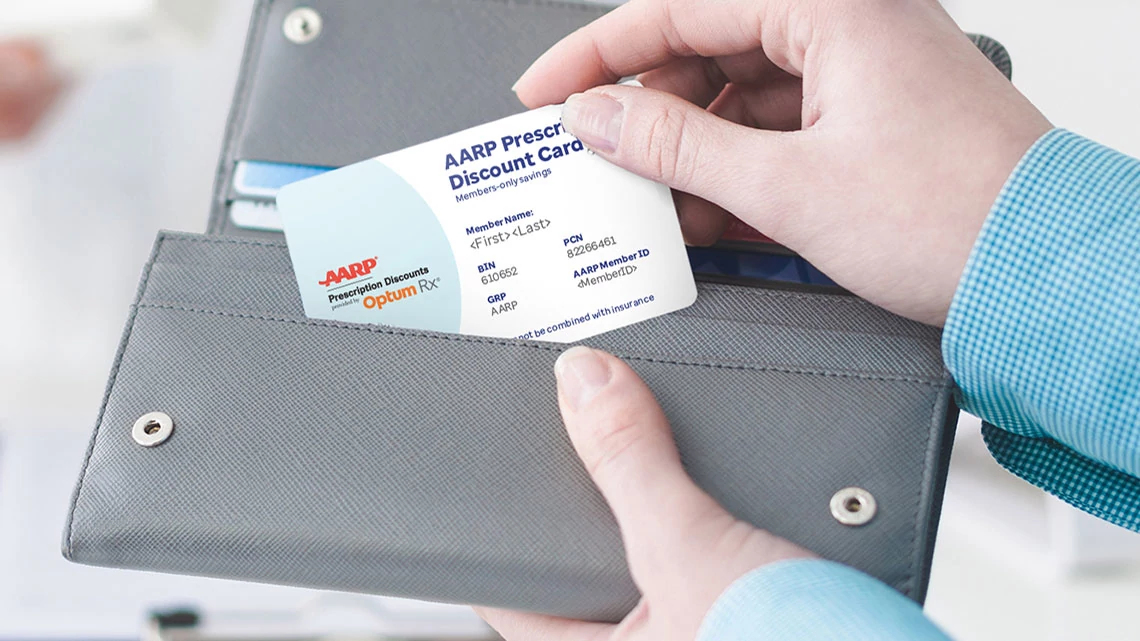
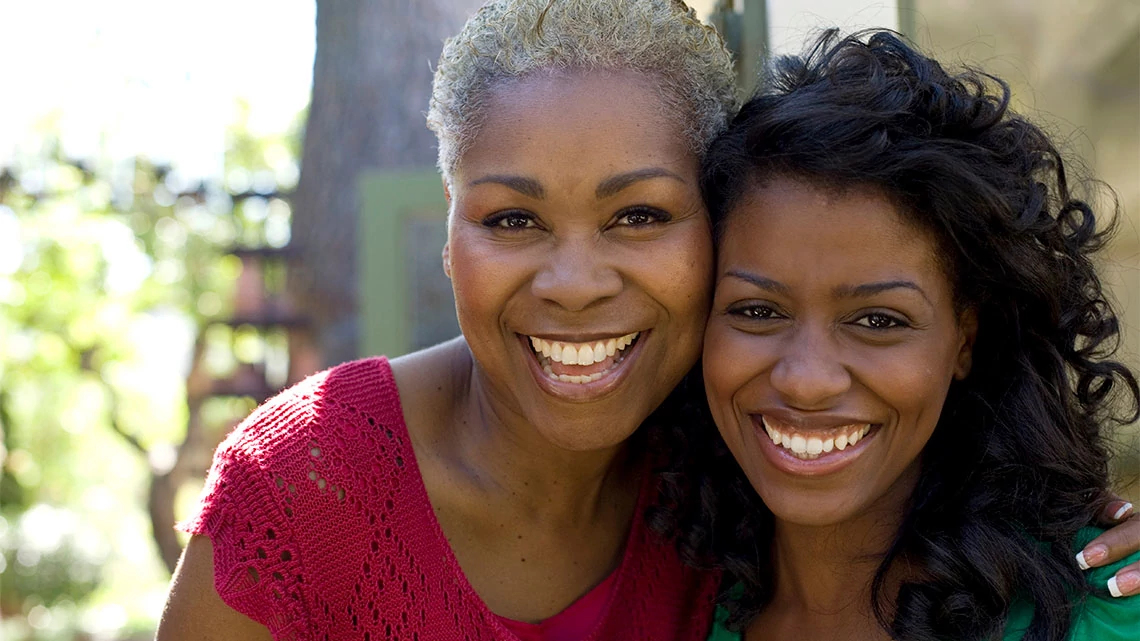

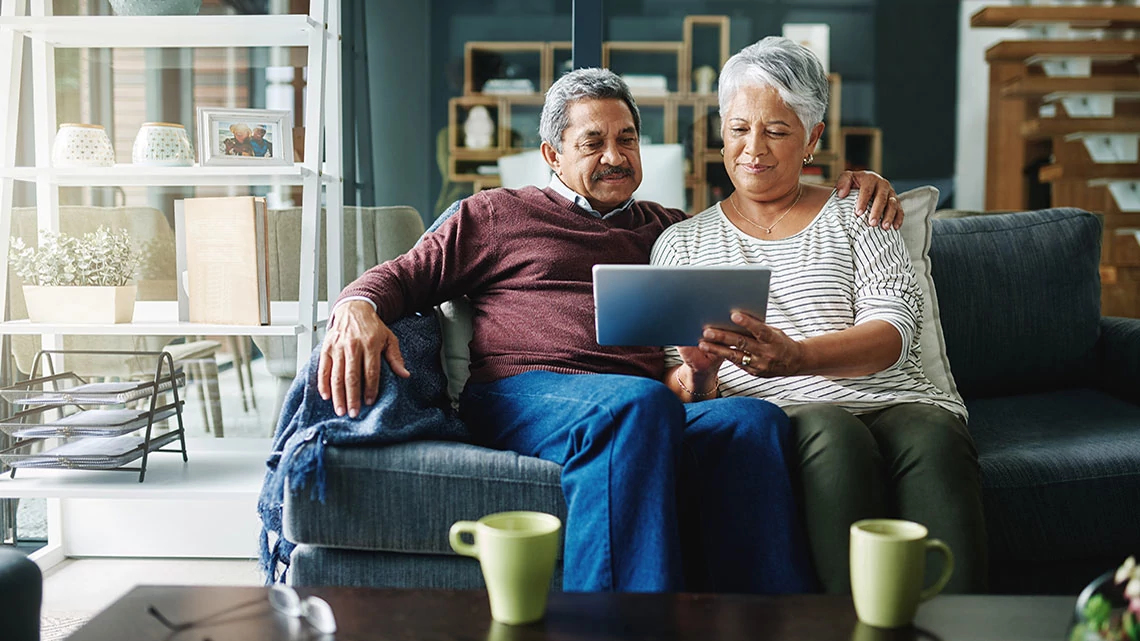
También te puede interesar